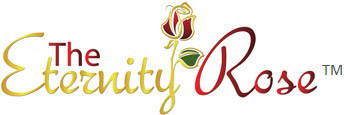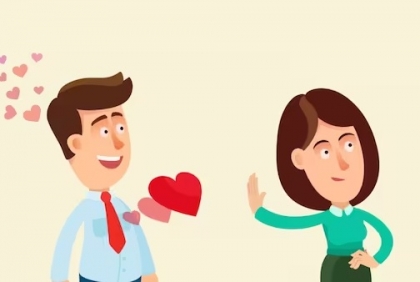10 Signs You Might Be in a One-Sided Relationship
Relationships are meant to be mutual - spaces where both partners contribute, support, and cherish one another. Yet, despite your best intentions, you might find yourself in a relationship where you’re carrying more of the weight than your partner.
Recognising the signs of a one-sided relationship is essential for protecting your emotional well-being and ensuring your needs are valued and met. Here are ten signs to watch for:
You’re Always the Initiator
If you’re the one consistently making plans, starting conversations, or addressing issues, it may indicate an imbalance. Healthy relationships involve shared effort, with both partners showing interest in nurturing the connection.
Your Needs Are Overlooked
A healthy partnership involves caring for each other’s needs. If you often feel your needs are dismissed or minimised while prioritising your partner’s, it’s a sign of an unequal dynamic.
There’s Little Compromise
Relationships require give-and-take. If your partner rarely meets you halfway or refuses to adapt to your needs, it may reflect a lack of investment in the relationship.
You Feel Emotionally Drained
Your relationship should bring you a sense of support and emotional fulfilment. If you frequently feel exhausted, stressed, or anxious about the relationship, it could be a sign you’re giving more than you’re receiving.
Communication Feels One-Sided
Healthy communication is a two-way street. If your partner is dominant in conversations, ignores your perspective, or shows little interest in your feelings, it suggests a communication imbalance.
You Lack Support During Difficult Times
A supportive partner is essential when facing challenges. If your partner is absent or unresponsive during your difficult moments, it may indicate they are prioritising themselves over the relationship.
They Avoid Talking About the Future
Discussing the future is part of building a healthy, committed relationship. If your partner consistently avoids conversations about long-term plans, it may signal a reluctance to invest in your future together.
You Feel Afraid to Be Yourself
In a balanced relationship, you should feel free to express your thoughts and emotions. If you find yourself holding back to avoid conflict or feeling guilty for expressing your needs, it suggests an unhealthy power dynamic.
There’s an Over-Reliance on You
While supporting your partner is normal, if they heavily depend on you emotionally or practically without reciprocating, it can create an unhealthy imbalance, often leading to a codependent dynamic.
Your Intuition Tells You Something Is Off
Sometimes, your gut feeling is the clearest indicator. If you consistently feel undervalued or uneasy despite your efforts to improve the relationship, it’s important to trust your instincts.
What to Do Next
If several of these signs resonate with you, or a range of other key red flags to look out for, it may be time to have an open and honest conversation with your partner. Share your feelings calmly, expressing what you need for the relationship to feel more balanced and fulfilling.
Healthy relationships thrive on honest dialogue and mutual effort. If your partner is willing to work together, it’s possible to rebuild a stronger, more equitable connection.
However, if your concerns are dismissed or your partner shows no interest in addressing the imbalance, it may be time to reconsider the relationship’s future. Your emotional well-being matters, and you deserve a partnership rooted in mutual respect, care, and shared commitment.
Seek support from trusted friends, family, or professionals as you navigate these complexities. Remember, you deserve a relationship where both partners invest in each other’s happiness and growth.




















